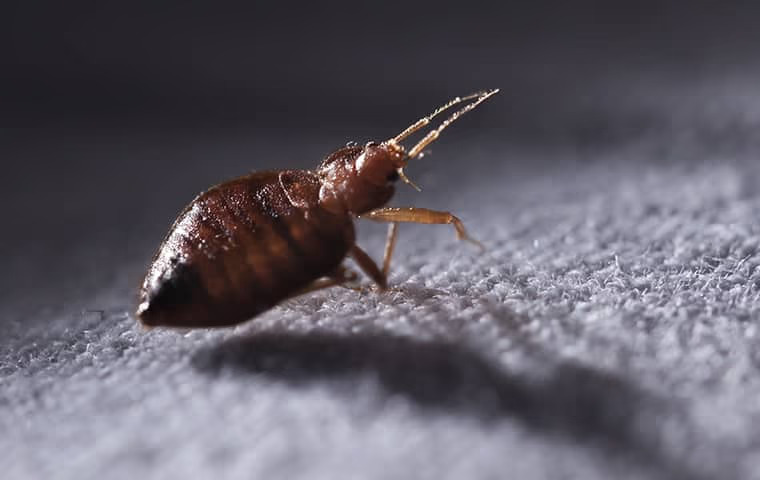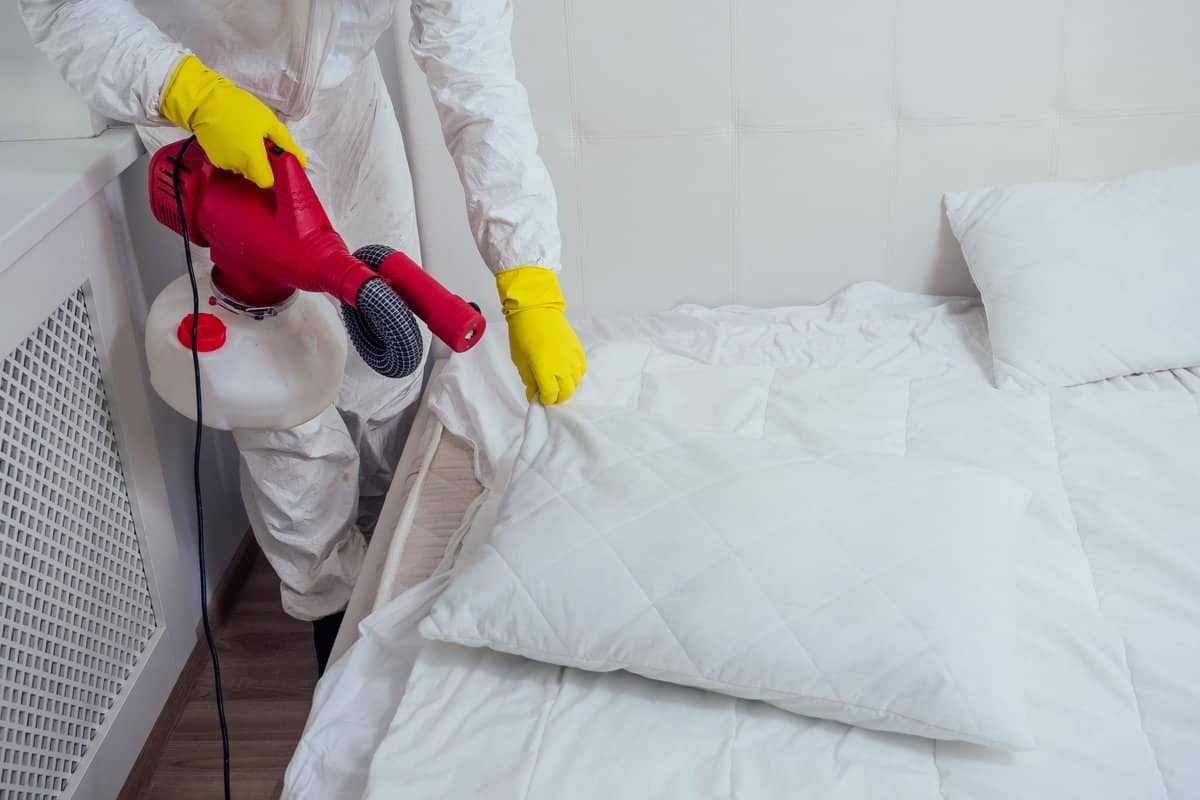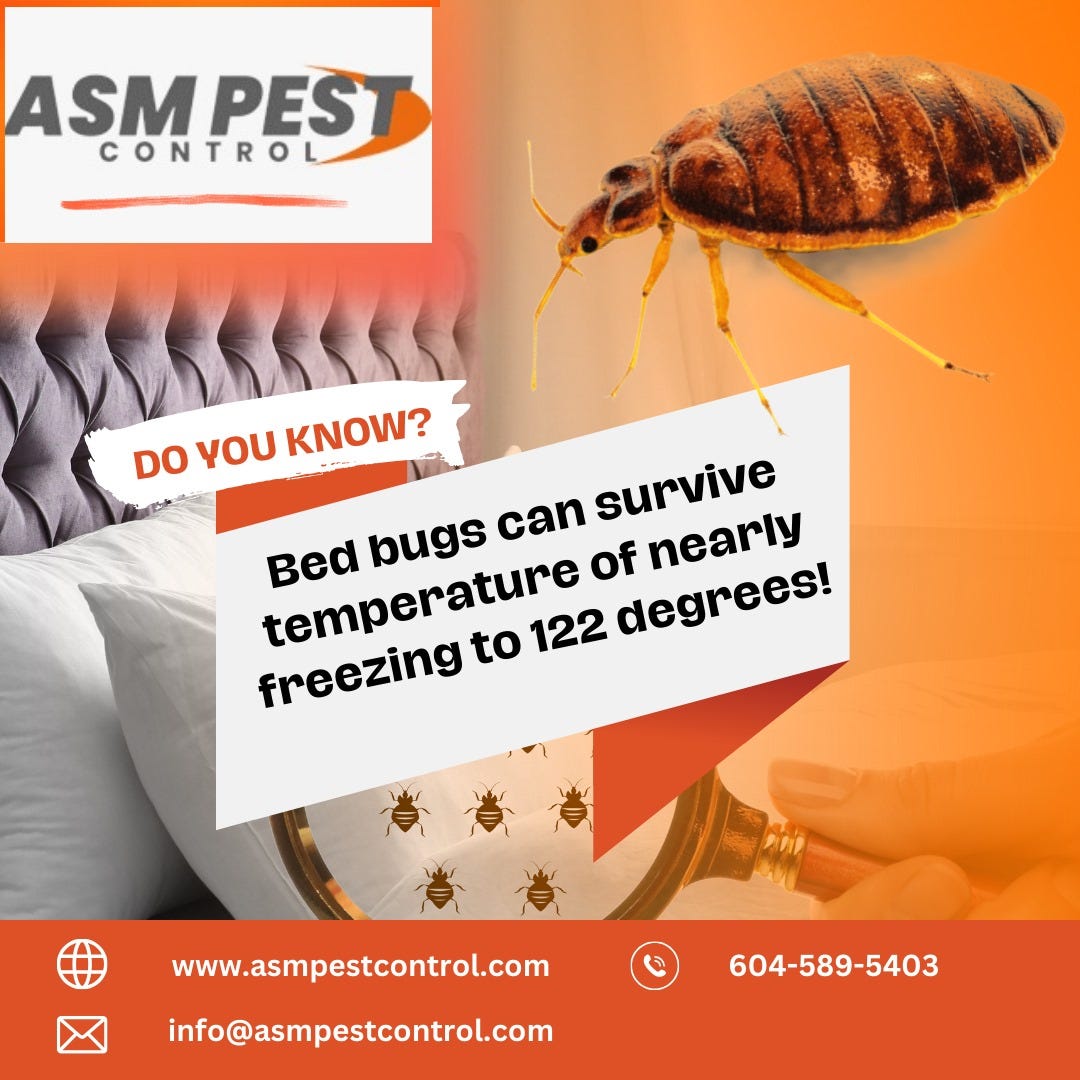Trusted Kings Pest Control Cincinnati OH: Professional Services
Trusted Kings Pest Control Cincinnati OH: Professional Services
Blog Article
A Failure of the Various Kinds Of Parasite Control Solutions
In the realm of bug control, a plethora of methods exist to attend to and battle the presence of unwanted creatures. From the traditional usage of chemical pesticides to more innovative biological control options, each strategy offers distinct advantages and limitations. As we navigate with the varied landscape of bug control remedies, understanding the complexities of each technique ends up being vital in establishing one of the most reliable strategy. Stay tuned as we explore the nuanced world of pest control techniques and discover exactly how each type plays a distinct function in protecting our atmospheres.
Chemical Pesticides
Chemical pesticides are commonly made use of in parasite control to successfully get rid of a wide array of bugs and other pests. These chemicals work by targeting the nervous system of the parasites, interrupting their normal features, and eventually leading to their death. Using chemical pesticides has been a staple in the parasite control market for years because of their efficiency and fast results.

Nevertheless, it is important to use chemical pesticides with caution due to their potential hazardous impacts on the atmosphere and non-target types. Incorrect application or overuse of these pesticides can result in contamination, damage to useful bugs, and resistance advancement in insect populations. For that reason, it is important to comply with security guidelines and policies when using chemical pesticides for pest control.
Biological Control Techniques
Taking into consideration the prospective environmental influences and risks connected with chemical pesticides, biological control approaches use a more lasting approach to taking care of insect populaces. Biological control entails the use of all-natural enemies, such as killers, parasites, and microorganisms, to reduce pest populations. This approach is frequently a lot more targeted, affecting only the details insect types while minimizing damage to valuable insects, people, and the setting.

When established, all-natural enemies can aid control pest populaces constantly without the demand for repeated applications of chemicals. Furthermore, organic control is typically more cost-efficient and can help lower pesticide resistance in parasite populations over time.

Mechanical Bug Control
Mechanical pest control involves the physical control or elimination of parasites to manage their populations efficiently. This technique is usually employed together with other bug control approaches for comprehensive pest management. One typical example of mechanical insect control is utilizing catches to catch rats or bugs. These catches can be established in strategic locations where pests are known to dwell, helping to decrease their pest c numbers.
One more mechanical technique is the use of barriers such as screens, fences, or nets to obstruct bugs from going into particular areas. By literally stopping bugs from accessing a location, the likelihood of problems or damages can be substantially decreased. In addition, hand-operated techniques like handpicking pests off structures or plants can be effective for smaller-scale problems.
While mechanical insect control methods can be labor-intensive, they supply a non-chemical option that can be environmentally pleasant and sustainable. By targeting bugs directly, mechanical control strategies can help maintain insect populaces in check without depending on chemicals.
Natural Solutions
Using all-natural treatments for pest control uses a sustainable and environment-friendly method to taking care of insect populaces without resorting to chemical interventions. All-natural remedies include using compounds originated from plants, minerals, or other normally taking place sources to prevent or eliminate insects. Planting specific natural herbs like basil, mint, or lavender around your property can fend off insects due to their solid scents. Diatomaceous planet, a powder made from fossilized algae, can be used to battle pests like ants, cockroaches, and bed insects by dehydrating their exoskeletons.
Additionally, important oils such as tea tree oil or neem oil have insecticidal buildings that can properly regulate parasites while being secure for the setting. An additional all-natural treatment is introducing useful bugs like ladybugs or praying mantises to your garden to prey on harmful pests. By including these all-natural options into insect management strategies, people can minimize their dependence on synthetic chemicals and advertise a much healthier, a lot more balanced ecosystem.
Integrated Pest Monitoring
Integrated Bug Administration (IPM) is an extensive approach that incorporates different strategies to properly manage pest populations while minimizing dangers to human health and wellness and the environment. IPM includes the integration of numerous bug control paste control chemicals methods such as organic control, habitat adjustment, modification of cultural methods, and using immune crop selections. By using a combination of these strategies, IPM aims to minimize reliance on chemical pesticides, which can have adverse impacts on ecological communities and human health and wellness.
One key element of IPM is the focus on prevention. By applying steps here to avoid bug problems before they take place, such as maintaining correct sanitation and sealing access points, the requirement for responsive pest control procedures is minimized. Tracking and normal inspections play a critical role in IPM, permitting very early detection of insect concerns and prompt intervention.
Final Thought
In verdict, the numerous kinds of bug control options provide a variety of options for effectively managing parasite problems. Organic control techniques use natural killers to regulate bugs. Integrated Insect Management combines numerous methods for an alternative method to pest control.
Chemical pesticides are generally utilized in insect control to effectively remove a large variety of insects and various other insects.Mechanical insect control entails the physical manipulation or elimination of bugs to handle their populations efficiently (Kings cincinnati pest control).Making use of natural solutions for bug control provides a eco-friendly and lasting method to taking care of insect populaces without resorting to chemical interventions.Integrated Bug Management (IPM) is a detailed approach that incorporates various methods to effectively manage pest populaces while reducing threats to human health and the atmosphere.In verdict, the various kinds of parasite control services use a range of choices for successfully managing insect invasions
Report this page